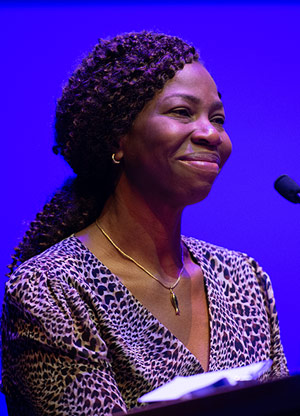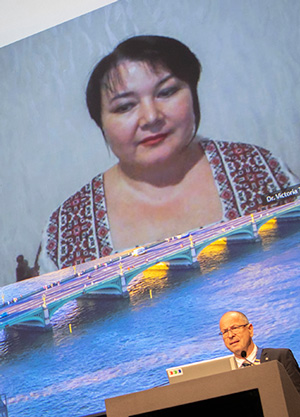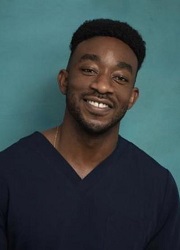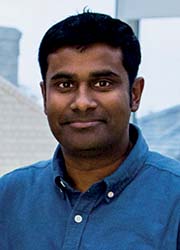

GP Lives: All things being equal
Medicine was always on the cards, says Dr Ifechi Oguanuo, a GP based in Antrim, Northern Ireland
Her father was a gynaecologist and she was always interested in his work as a doctor when she was growing up in Nigeria.

But the idea of general practice came much later. Graduating with a distinction followed by foundation training in Nigeria then led to a move to the UK where she worked initially in a private hospital. Travel and seeing the world was always high on her list of priorities, she adds. The problem when it came to choosing a speciality was she mostly liked all her rotations. But equally she wasn’t really enjoying the surgical job she was doing when she first moved to the UK.
It was a friend – a fellow doctor who had been a GP in Nigeria and now the UK – who kept encouraging her to look at general practice. She came to realise just how versatile it could be. “I wanted the diversity and not to narrow myself down to one particular thing.”
Her need for variety becomes clear when she describes her special interests as being in dermatology, minor surgery, women’s health, psychosexual medicine and musculoskeletal medicine.
Yet she makes a clear distinction between what first got her interested in general practice and what is now keeping her there. It is the relationships as well as the eagerness of her colleagues to learn from each other and the patients that she loves the most. “I realised that it was all about really caring about people. It's all about empathy. It's the ability to help people through different stages of their lives.”
While the health service at the moment is under severe pressure and the lengthy waiting lists are one of the most difficult aspects of the job, getting to know her patients and have them trust her judgment and advice, is incredibly valuable, she adds.
“Obviously, the workload is high and you have a lot of people with a lot of health anxiety and mostly you're dealing with people who have been saving up their medical conditions for the past three years.
“But I see it as a privilege to be a GP,” she notes.

Getting to grips with working in the NHS was not easy, she explains but at the same time the move to Northern Ireland ‘was a blessing in disguise’.
At the time in an abusive marriage, the distance enabled her to break free.
With a ‘very supportive clinical supervisor’, Ifechi overcame the initial challenges, admitting it was a very stressful and difficult time, and now feels very settled in her new home. “I learned a lot from it and it was a necessary challenge that I had to go through. Now I am able to help people recognise when they are in that same sort of situation.”
If the pandemic has taught us anything, it’s how adaptable human beings can be, she adds. But it hasn’t all been a smooth path into general practice. She came close to quitting GP training because of racist bullying and how she was treated after reporting it.
That fear of what will happen when you do speak out, is a huge problem and the NHS need to do better on providing safe forums for people to report racial and other abuse, Dr Oguanuo adds. “I’m not someone who can keep quiet so I spoke up,” she says.
Others who had moved from overseas had prepared her it might happen but it was a shock to be treated that way. “Racism itself is traumatising, and this trauma is dangerous to the mental well-being of the victims. Especially when the victims are healthcare professionals, who are expected to smile and treat their abusers and those like them with empathy and kindness that they did not experience”, she adds.
A self-confessed workaholic, she has little free time. As a Christian she attends a local church and she also spends some time as a mentor through an organisation called Afromedics mentors, formed a few years ago by a friend. Their goal is to help young doctors (or aspiring doctors) in Nigeria to achieve and to learn from each other.
Her ultimate long-term goal is to take what she has learned to help improve primary health care in Nigeria. Some of that may include education and mentoring, perhaps digitally.
But what she most wants to be known for is kindness to those around her. “Kindness is underrated, the world would be a much better place if we were all kinder to each other.”
Read more
Thank you for your feedback. Your response will help improve this page.


